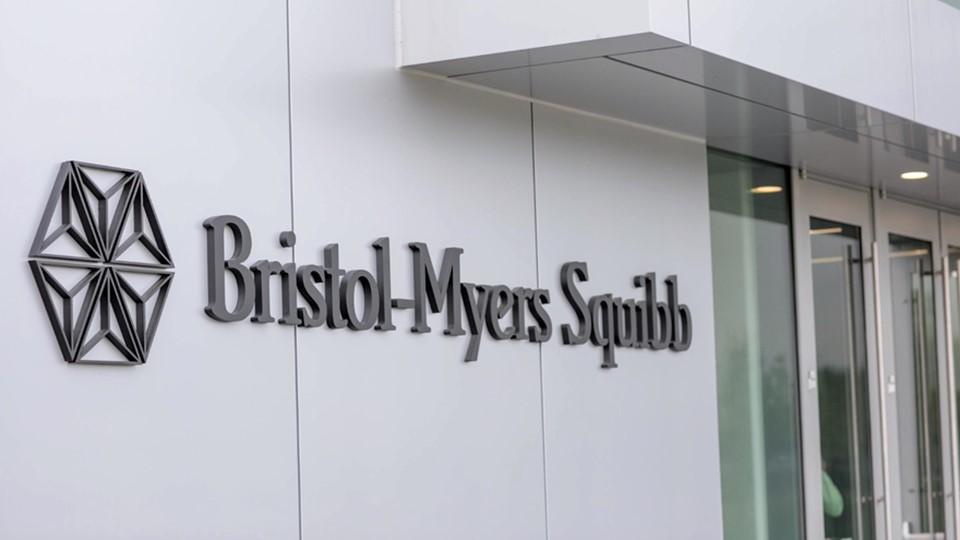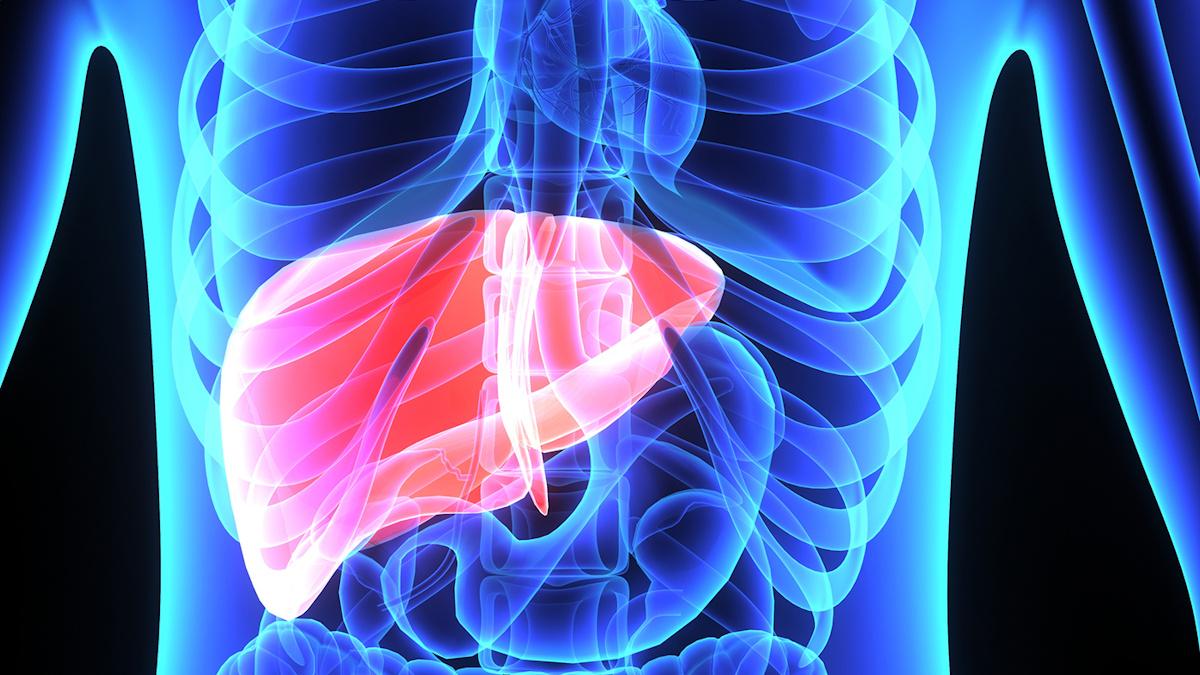BMS' subcutaneous Opdivo clears first phase 3 trial

Bristol-Myers Squibb is getting closer to offering a subcutaneous version of its cancer immunotherapy Opdivo to patients after it matched the current intravenous formulation in a head-to-head trial in kidney cancer.
The results of the CheckMate-67T study in advanced or metastatic clear cell renal cell carcinoma (RCC) provide the first phase 3 data on subcutaneous Opdivo, which combines PD-1 inhibitor with an enzyme (recombinant hyaluronidase) from Halozyme that breaks down connective tissue and improves absorption of the drug.
The results get BMS’ efforts to develop a subcutaneous formulation of Opdivo back on track, albeit with a version of the drug that is delivered using a vial and syringe. The company was also developing a more patient-friendly autoinjector version that did not use hyaluronidase, but that project was terminated last year.
In CheckMate-67T, the subcutaneous form was non-inferior to original Opdivo on the time-averaged serum concentration over the first 28 days, as well as overall response rates, progression-free survival, and safety.
Opdivo has been approved as a second-line monotherapy for RCC since 2015 and is also approved for first-line use in this form of kidney cancer alongside its CTLA4 inhibitor Yervoy (ipilimumab) and Ipsen’s Cabometyx (cabozantinib). BMS said it would discuss the new data with health authorities with a view to filing for approval of subcutaneous nivolumab.
All the front-runners in the PD-1/PD-L1 inhibitor category are working on subcutaneous versions to improve convenience for patients and healthcare professionals and also extend their intellectual property (IP) protection for the drugs, which are starting to approach the end of their patent lives.
Roche is way out in front in that effort, having secured European approvals for its subcutaneous vial and syringe formulation of Tecentriq (atezolizumab) – also based on Halozyme’s hyaluronidase technology – for all indications of the intravenous version across lung, bladder, breast, and liver cancers.
While it still needs to be administered in a clinical setting, the new version reduces the administration time from 30 to 60 minutes down to an average of around seven minutes.
In the US, approval of the new Tecentriq formulation has been delayed by a change in the manufacturing process that meant that the FDA was unable to complete its review in the allotted time, but a decision is expected later this year. Meanwhile, MSD is in pursuit, with two new versions of its market-leading Keytruda (pembrolizumab) product, one formulated with hyaluronidase and the other without, which are both in late-stage development.
Opdivo and Keytruda are first in the IP firing line, preparing for the onset of biosimilar competition from around 2028. Opdivo is BMS’ second-biggest product, with sales of more than $6.6 billion in the first nine months of 2023, almost 20% of total group turnover.
Pfizer is also developing a subcutaneous PD-1 inhibitor called sasanlimab, but as this is a brand new drug it is having to run pivotal trials for all the indications it is going after to demonstrate safety and efficacy, starting with bladder cancer.













